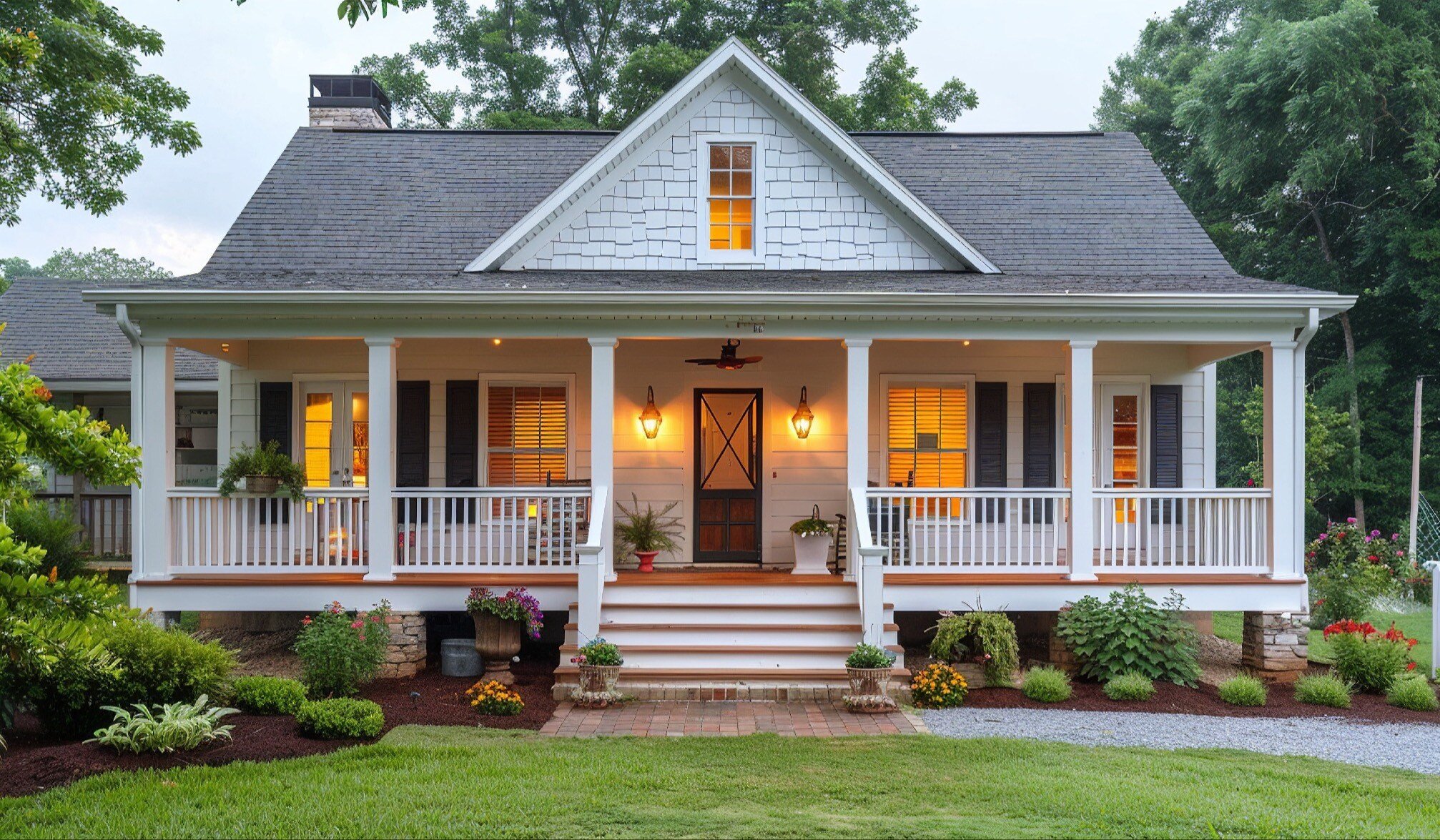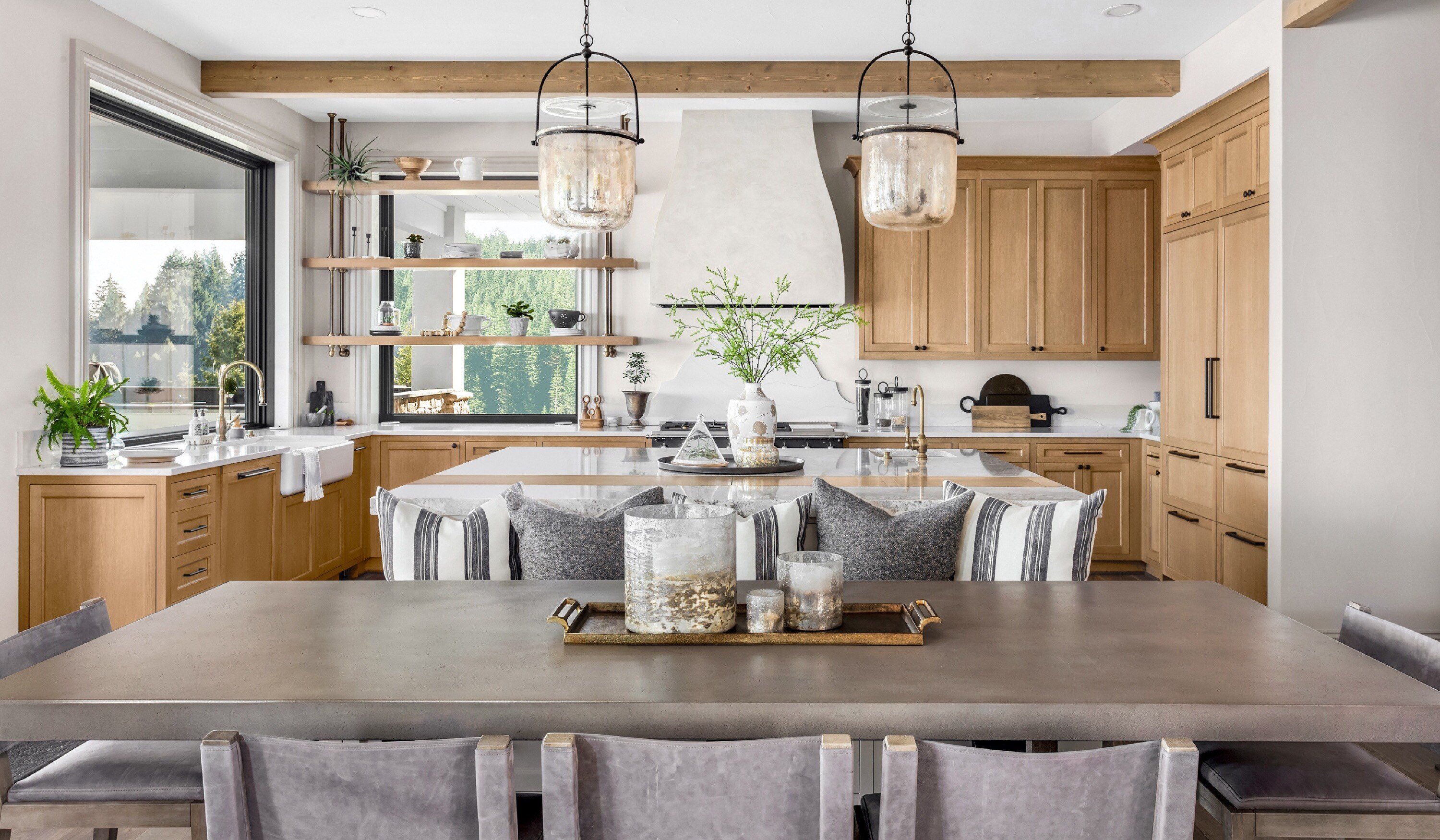
- ...
- Blog
- Airbnb vs. Vrbo: Key differences every vacation rental host should know
Airbnb vs. Vrbo: Key differences every vacation rental host should know

As a vacation rental host or property manager, one of your top priorities is getting your properties in front of the right potential guests. With so many options out there, it’s no surprise that Airbnb and Vrbo are at the top of the list for most hosts—but which one is the best fit for your business? And should you list on both? Knowing the key differences between Airbnb and Vrbo can help you make the best decision for your properties, target audience, and revenue goals.
In this guide, we’ll break down everything you need to know about Airbnb vs. Vrbo, including the pros and cons, pricing structures, and platform-specific strategies that can help you maximize bookings on each. Breezeway is here to help vacation rental hosts streamline operations, so we’ll also share tips on how to optimize your listings for success on both platforms.
|
Make hosting easier with an all-in-one operations dashboard |
What Are Airbnb and Vrbo?
Airbnb
Founded in 2008, Airbnb transformed travel by allowing guests to book anything from a spare room to an entire home directly from local hosts. Airbnb’s flexibility in property types and a broad range of price points have made it popular among travelers seeking authentic and affordable stays. While initially catering to budget-conscious urban travelers, the platform now attracts everyone from business travelers to solo adventurers to families.
Airbnb is particularly known for unique short-term rental properties—guests can book treehouses, yurts, Airstreams, and more. This appeal to experience-driven travelers is a big advantage if you manage quirky or one-of-a-kind properties. With Airbnb’s vast audience and brand recognition, it’s an ideal option if your Airbnb properties are located in popular cities or tourist destinations.
Vrbo
Vrbo (Vacation Rental by Owner) has been in the business since 1995, making it one of the original vacation rental platforms. Now part of the Expedia Group, Vrbo has grown into a go-to choice for families and groups looking for private, rental homes in vacation destinations. Unlike Airbnb, Vrbo exclusively lists entire properties, focusing on spacious homes, cabins, and condos that provide privacy and amenities suited for family vacations.
Vrbo’s target audience often seeks traditional vacation stays in beach towns, mountain areas, and scenic resorts, with longer average stays and higher budgets compared to Airbnb guests. If your properties cater to groups and families, listing on Vrbo can give you access to a dedicated base of travelers who value privacy and are often willing to pay premium rates.
Key differences for hosts: Airbnb vs. Vrbo
Understanding the primary differences between Airbnb and Vrbo can help you decide which platform—or combination—is the best fit for your hosting style, rental company, and business goals.
- Platform focus
- Airbnb is known for versatility. Whether you have a shared space, a private room, hotel rooms, or an entire home, Airbnb accommodates a variety of property types. This flexibility is especially advantageous if you manage urban properties, where short stays and unique rentals appeal to a wider range of guests.
- Vrbo sticks to full-property rentals, providing a more private, home-away-from-home experience. This makes Vrbo a top choice if you focus on single-family homes in vacation spots, where larger groups and families prefer more private, spacious accommodations.
- Audience Preferences
- Airbnb has a broader and more diverse audience, with many younger travelers looking for shorter stays and affordable rates. Airbnb’s guests often seek experience-based stays, which is perfect if your property offers unique amenities or is located near popular attractions.
- Vrbo attracts a more family-oriented audience who prioritize comfort, privacy, and often book longer stays. Vrbo guests typically look for traditional vacation homes with ample space for larger groups, ideal for hosts with properties in established vacation spots.
- Platform Features
- Airbnb offers comprehensive guest reviews, guest verification options, and the Instant Book feature. Instant Book can help fill vacancies faster and reduce back-and-forth communication with prospective guests.
- Vrbo emphasizes quality over quantity, often showcasing larger photos and floor plans to help guests visualize a spacious family stay. Vrbo’s focus on larger properties can be an advantage if your listing has features like pools, game rooms, or family-friendly amenities.
- Booking policies and cancellations
- Airbnb provides more flexible cancellation policies, with options from flexible to strict that allow hosts to customize policies based on their comfort level.
- Vrbo enforces stricter cancellation policies, which may benefit hosts who prioritize committed bookings. The limited flexibility can also signal to guests that Vrbo rentals are tailored for more serious travel plans.
Pros and cons of Airbnb vs. Vrbo for hosts
Pros of Airbnb
- Larger user base: Airbnb’s audience spans across generations and demographics, especially appealing to younger, experience-driven travelers.
- Instant Book feature: By allowing Instant Book, Airbnb makes it easier for hosts to secure bookings without constant communication. This can boost occupancy rates and streamline the booking process.
- More opportunities for unique stays: Airbnb encourages unique accommodations and is particularly popular for quirky stays, from yurts to houseboats, which gives hosts more flexibility in listing types.
Cons of Airbnb
- Higher guest expectations: With Airbnb’s massive following, guests may expect rapid responses and personalized service, which can increase the time investment for hosts.
- Competitive pricing pressure: In popular destinations, the vast number of listings can drive prices down, affecting potential revenue.
Pros of Vrbo
- Higher average daily rates: Vrbo’s focus on larger properties often attracts families and groups willing to pay premium prices for the right amenities and more private accommodations.
- Longer stays: Vrbo renters are typically planning extended vacations, which can reduce turnover and create a more predictable schedule for hosts.
- Less competition for whole homes: With Vrbo’s focus on entire properties, hosts don’t have to compete with shared space listings, allowing them to stand out if they offer premium homes.
Cons of Vrbo
- Limited appeal for urban rentals: Vrbo’s target audience is less likely to book city apartments or shorter stays, making it less ideal for urban property managers.
- Narrower audience: With its emphasis on family-friendly whole-home rentals, Vrbo may miss out on attracting solo travelers or smaller groups.
Airbnb vs. Vrbo: Pricing and fees for hosts
Getting clear on fees is crucial for setting competitive rates and maximizing your earnings.
- Airbnb fees and pricing
- Host Fees: Airbnb offers two fee options. The split-fee structure charges the Airbnb host around 3% and the guest around 14.2%, which is attractive for hosts looking to keep upfront costs lower. Alternatively, the host-only fee charges hosts around 15%, giving guests a lower fee and keeping the booking fee simpler for guests by showing a single total price.
- Additional Fees: Airbnb allows hosts to add cleaning fees, which can vary based on property size and location. Many hosts also set pet fees, which can offset potential cleaning costs from pet-friendly rentals.
- Vrbo fees and pricing
- Host Fees: Vrbo has a straightforward model, charging a 5% commission on the booking amount plus a 3% payment processing fee. This simplicity appeals to hosts who prefer predictable costs, especially for higher-value bookings.
- Guest Fees: Vrbo charges guests a service fee between 6-15%, based on the booking amount. This fee structure can keep Vrbo’s upfront pricing competitive, especially for hosts targeting longer stays.
How to start listing on Airbnb vs. Vrbo
Creating an Airbnb listing
- Profile setup: Start by adding high-quality photos, focusing on features like cozy interiors, views, and amenities.
- Property description: Use detailed descriptions that highlight your property’s uniqueness. Airbnb guests love personality, so feel free to add flair that conveys what makes your property special.
- Set house rules: Define policies that reflect the type of stay you want to offer, like quiet hours or no-party rules.
- Choose your pricing strategy: Experiment with Airbnb’s smart pricing tool to dynamically adjust rates based on demand, or use third-party tools integrated with Breezeway for optimal pricing.
Creating a Vrbo listing
- Highlight Family-Friendly Features: Since Vrbo’s guests often travel with family, include details like childproofing, extra beds, or nearby attractions suited for groups.
- List amenities clearly: Showcase larger, family-friendly amenities, like pools, game rooms, and outdoor spaces.
- Set booking preferences: Many Vrbo guests book longer stays, so setting a minimum stay requirement may appeal to travelers planning extended trips.
- Use floor plans: Vrbo’s platform allows for larger images and even floor plans, so take advantage of this to help guests visualize your property.
Strategies for listing on Airbnb vs. Vrbo
If you choose to list on both booking sites, here are some tips to make the process seamless:
- Sync your calendars
- Avoid double bookings by syncing calendars between Airbnb and Vrbo. Breezeway’s tools can help you streamline your bookings and automate scheduling for tasks like check-ins and cleanings.
- Tailor listings for each platform’s audience
- On Airbnb, focus on highlighting unique amenities, while on Vrbo, emphasize family-friendly features and large group accommodations. If you offer early check-in, pet-friendly options, or local partnerships, promote those in your descriptions.
- Adjust pricing for each platform
- Use a pricing tool to help you find the best nightly rate for each platform based on market trends.
- Use Breezeway’s automated guest communication
- Take advantage of Breezeway’s messaging tools to provide timely check-in instructions, welcome messages, and local recommendations, helping improve guest satisfaction on both platforms.
Which platform is better for you as a host?
Ultimately, the choice between Airbnb and Vrbo depends on your properties, target market, and revenue goals. If you’re targeting urban travelers or managing a variety of spaces, Airbnb may be your best bet. If your properties are in popular vacation areas and you want to attract longer stays from families or groups, Vrbo could be the ideal choice. For many hosts, listing on both platforms provides the best of both worlds, maximizing exposure and bookings.
By understanding these platform differences and leveraging tools like Breezeway for seamless operations, you’ll be well-equipped to reach the right guests, set competitive prices, and create memorable guest experiences on Airbnb, Vrbo, or both.
Delight guests and streamline your hosting operations
Streamline operations for short-term rentals and multifamily residential units with Breezeway's automated work coordination and guest experience tools to ensure guests and tenant satisfaction.
More from the Blog
Visit the blog


